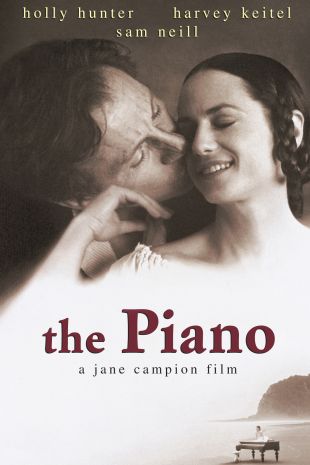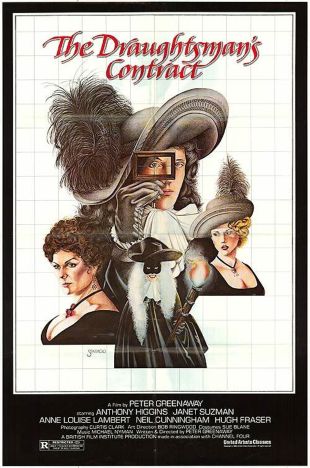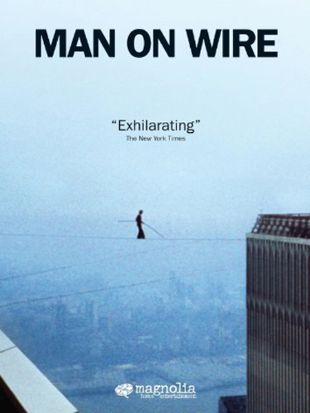Michael Nyman ranks as one of the hardest working and most prolific composers of the 20th century. Early in his career, he was closely associated with director Peter Greenaway, for whom he composed several film scores, but in addition to movie work, Nyman's musical portfolio includes everything from string quartets to operas to avant-garde arrangements for his Michael Nyman Band. He is, by his own definition, a minimalist, and following the tradition begun by seminal American avant-garde composer John Cage, he draws freely from established works, taking small, often simple pieces of existing music (excerpted from sources ranging from Romanian folk songs to Mozart) and expanding upon them through repetition, layering, and changing enough elements to render them his own unique creations.
A native of London, Nyman studied under Alan Bush at the Royal Academy of Music. Between 1961 and 1965, he was mentored by famed Baroque scholar Thurston Dart at Kings College. Music was undergoing radical changes when Nyman graduated in the mid-'60s. This was a time when the Beatles and other musical innovators ruled the airwaves, and Nyman found himself rebelling against the more orthodox serialist view of classical music adopted by many modern composers. Rather than create music in such an atmosphere, Nyman chose to write about it. For the next decade, his alternately critical and scholarly articles appeared in such journals as The Spectator, The Listener, and The New Statesman. It was Nyman who coined the term "minimalism" to describe English composer Cornelius Cardew's "The Great Learning." In addition to writing about music, Nyman also performed with groups such as the Flying Lizards and the Portsmouth Sinfonia.
During this period, Nyman wrote what would become the definitive book on the musical implications and influence of John Cage and his work, Experimental Music -- Cage and Beyond (1974). Two years later, he accepted an invitation from Harrison Birtwistle (Director of Music at the National Theatre) to arrange an 18th century Venetian gondolier's songs for a production of Goldoni's Il Campiello. Using an eclectic blend of medieval and modern instruments, including a banjo and soprano sax, Nyman created a distinctive, colorful sound that would later become the trademark of the Michael Nyman Band in the early '80s.
Nyman had been scoring the work of filmmaker Peter Greenaway since 1976, but his music did not reach a wider audience until he scored Greenaway's The Draughtsman's Contract (1982). Nyman gleaned the basis of the soundtrack from pieces of obscure songs from England's greatest Baroque composer, Henry Purcell, and while the finished product bore little resemblance to its sources, it still paid them tribute. As is the case with his other musical scores, Nyman would return to this one several times, extracting bits from the first adaptation to transform them into new, innovative works.
In between Greenaway features, Nyman conceived, scored, and even appeared in a short film commemorating the 200th anniversary of Mozart's death, Letters, Riddles and Writs (1991), directed by Jeremy Newson. Using Mozart's harmonies, Nyman utilized excerpts from the great composer's letters to his father, including his last note as song lyrics. The film starred German soprano Ute Lemper, for whom Nyman penned "Six Celan Songs." It was frequently paired with a similarly themed short by Greenaway, M is for Man, Music, Mozart (1991). Nyman would continue working for Greenaway through Prospero's Books (1991), when he objected to the filmmaker's decision to augment the film's haunting vocal score with wandering synthesizer music. Their subsequent lack of association was perhaps a good thing for Nyman, who felt that his high-profile collaboration with Greenaway was overshadowing his other works.
Although he would spend more time on his other projects, Nyman did not abandon film scoring entirely. It was, in fact, a movie score that brought Nyman international mainstream attention. For Jane Campion's The Piano (1993), Nyman utilized traditional Scottish songs and created an unusually lyrical and emotional blend of pop and classical that resulted in a hit soundtrack CD. There was a two-fold purpose in keeping the music relatively simple and very accessible. First, Nyman had to create music easy enough for actress Holly Hunter to play, and secondly, as her character was mute, the music had to convey the thoughts and emotions she could not verbalize. Again, the music proved to be highly successful, and Nyman subsequently developed it into several new works. He also continued to write scores for films ranging from Roger Spottiswood's biopic Mesmer (1994) to Andrew Niccol's futuristic epic Gattaca (1997) to Wonderland (1999), Michael Winterbottom's portrait of the shifting fortunes of a working-class London family.


